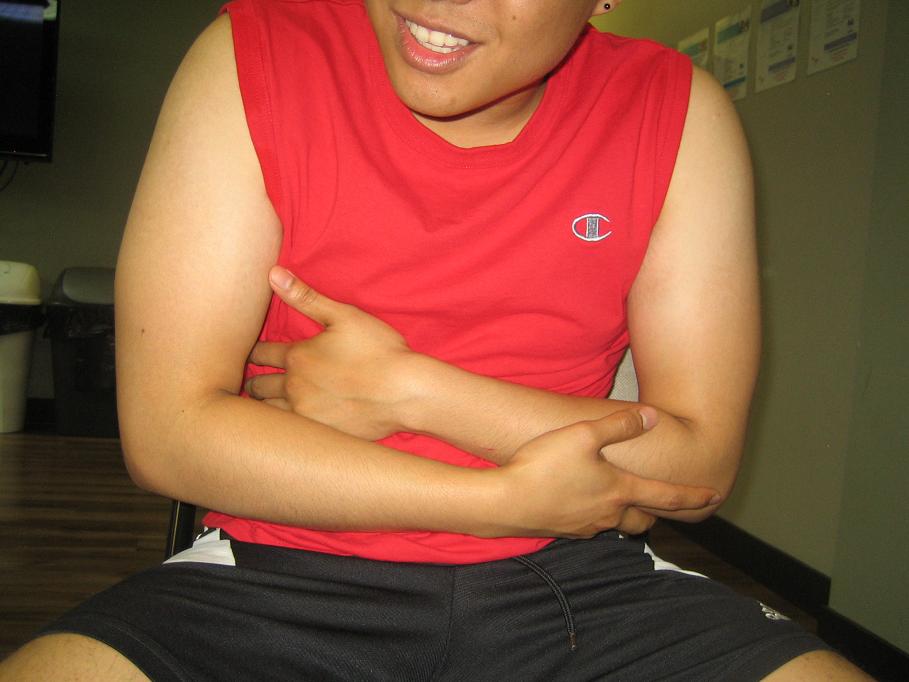Gas pain is a normal issue, not life-threatening but can be painful, annoying and cause disruption in the daily activities. Gas pain in the chest can be caused by irritable bowel syndrome (IBS) and cardiovascular disease.
Gas pain felt in the chest can also be due to the buildup of gas in the abdominal area. Gas forms when the bacteria in the colon ferments the carbohydrates that the small intestines digests. Fiber is good for the system since it maintains functioning of the digestive tract and eliminates toxins as well as controls the cholesterol and blood sugar levels. On the other hand, these fibers can cause development of gas. Some foods rich in fiber and can cause gas pain include vegetables, beans, peas, fruits and whole grains. Gas can also be formed due to food intolerance, gulping excess air while eating and drinking carbonated drinks such as beer or soda.
Symptoms
- Sharp pain in the abdominal area
Sharp pain can be felt in the abdominal area - Jabbing pain in the chest
- Voluntary and involuntary passing of gas
- Passing of gas or belching
- Pain in the abdomen and can transfer from one part of abdomen to another
- Bloating sensation
- Tightness or swelling of the abdomen
- Absence of appetite
Treatment of gas pain in the chest
- Lie down and keep the head elevated. Keep the individual rested in this position for a few hours in order to lessen the discomfort.
- If build up of gas is caused by poor digestion, drink plenty of fluids in order to help move the undigested food. Drinking plenty of fluids helps minimize constipation and eliminates gas out of the system.
- Avoid carbonated beverages in order to help minimize the formation of gas and lessen the discomfort. Pain in the chest is caused by passing of gas caused by these beverages.
- Avoid spicy and greasy foods in order to prevent indigestion and that can result to diarrhea and gas pain. In addition, it also minimizes acid reflux which affects the esophagus and cause chest pain.
- Perform positions that help lessen gas in the chest such as kneeling on the bed and raising the buttocks in the air with the head facing down. This position helps by making excess gas to pass out of the system. Another position is to lie down in bed and press the two legs against the stomach. While inhaling, try and force the air out of the system similar to passing out gas.
- Minimize stress in order to lessen anxiety and panic which can cause the stomach to produce more acid and result to buildup of gas and chest pain.
- Drink hot beverages such as hot water or tea in order to help move the gas along the digestive tract and eliminate it naturally.
FACT CHECK
https://www.medicalnewstoday.com/articles/320995.php
https://www.healthline.com/health/gas-pain-in-chest
https://www.mayoclinic.org/diseases-conditions/gas-and-gas-pains/symptoms-causes/syc-20372709


